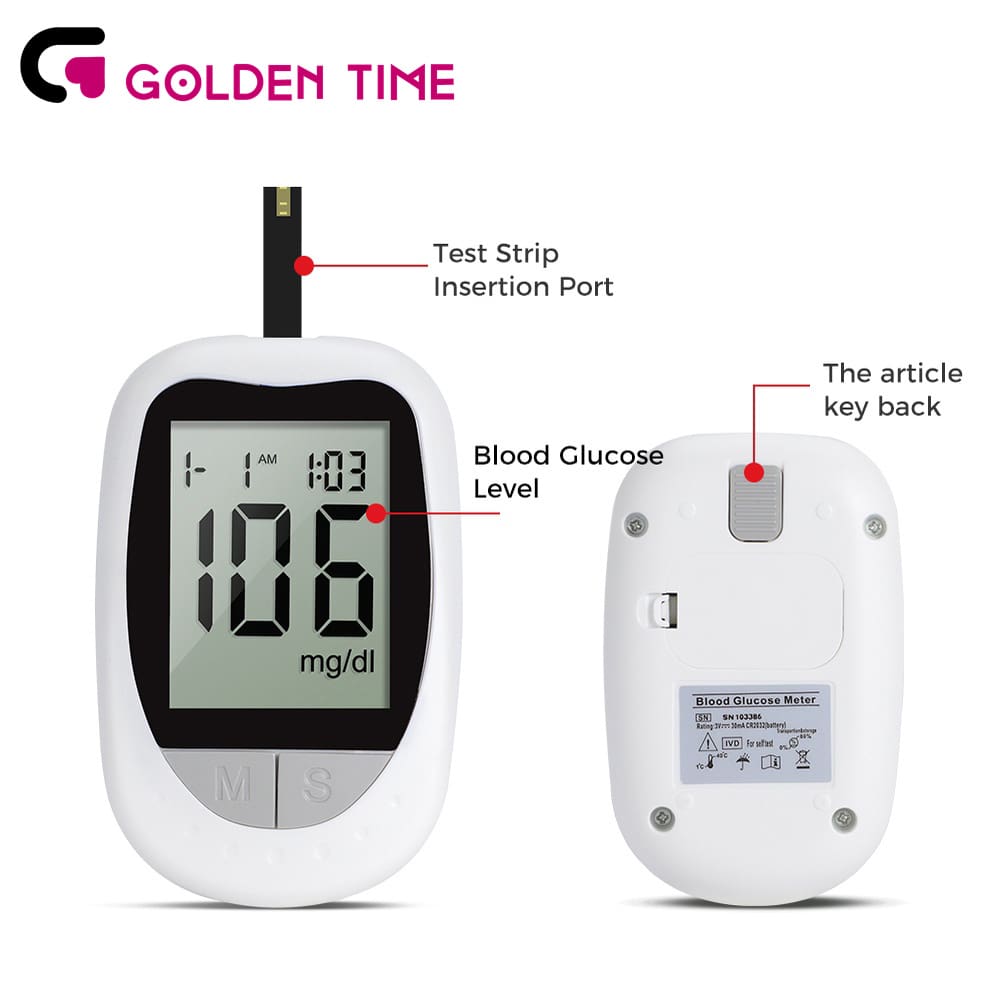Oct . 19, 2024 10:24 Back to list
buy rapid diagnostic test for malaria suppliers
The Importance of Rapid Diagnostic Tests for Malaria Supplier Insights
Malaria remains one of the most significant public health challenges worldwide, particularly in tropical and subtropical regions. According to the World Health Organization (WHO), there were an estimated 241 million cases of malaria in 2020 alone. The fight against malaria has witnessed significant advancements in diagnostics, particularly with the introduction of rapid diagnostic tests (RDTs). These tests, by providing timely and accurate results, have revolutionized malaria diagnosis and treatment. This article aims to explore the importance of RDTs for malaria, focusing on suppliers and their role in facilitating access to these essential tools in the battle against malaria.
What are Rapid Diagnostic Tests?
Rapid diagnostic tests for malaria are simple-to-use, immunochromatographic tests that detect specific malaria antigens in a patient’s blood. These tests can provide results within 15 to 30 minutes, making them an invaluable tool in regions where laboratory facilities are limited or nonexistent. RDTs enable healthcare workers to diagnose malaria quickly, allowing for prompt treatment and reducing the chances of severe illness or death.
The Role of Suppliers in Malaria Diagnostics
The suppliers of RDTs play a critical role in ensuring that healthcare providers have access to quality diagnostic tests. With the demands of healthcare systems in malaria-endemic regions, suppliers must adhere to strict guidelines and ensure the provision of accurate and reliable tests. International guidelines, such as those from the WHO, provide a framework for manufacturers and suppliers, helping them produce tests that meet essential quality standards.
Impact of RDTs on Malaria Control Efforts
buy rapid diagnostic test for malaria suppliers

The introduction of RDTs has had a profound impact on malaria control efforts, particularly in remote areas. Traditional diagnostic methods, such as microscopy, often require specialized training and laboratory infrastructure, which may not be readily available in rural settings. RDTs, on the other hand, can be administered by a wide range of healthcare workers, including those with minimal training. The ease of use and quick turnaround time of RDTs have led to increased testing rates, early diagnosis, and timely treatment, significantly reducing morbidity and mortality associated with malaria.
Supplier Partnerships and Global Health Initiatives
Several supplier partnerships have emerged to enhance the distribution of RDTs in low-income countries. Collaborations between governments, NGOs, and private-sector actors often ensure that these tests are affordable and accessible. For instance, initiatives like the Global Fund and Roll Back Malaria have played a vital role in funding the procurement and distribution of RDTs. These partnerships help to overcome logistical challenges and ensure that tests reach the most vulnerable populations.
Challenges Faced by Suppliers
Despite the positive impact of RDTs, suppliers face several challenges in ensuring consistent access to these diagnostics. Issues such as regulatory approval, quality assurance, and supply chain logistics can impede the timely delivery of RDTs. Moreover, the influx of low-quality or counterfeit tests poses a significant risk to public health. Suppliers must be vigilant and ensure they provide tests that meet international standards. Continuous training and support for healthcare workers are also essential to maximize the effectiveness of RDTs in malaria control.
Conclusion
The role of suppliers in the provision of rapid diagnostic tests for malaria cannot be overstated. By ensuring the availability of high-quality RDTs, suppliers contribute to more efficient diagnosis and treatment, which is critical in the fight against malaria. The global community must continue to support initiatives that enhance access to these important diagnostic tools, ensuring that no one is left behind in the battle against malaria. As suppliers innovate and improve their offerings, the hope is that malaria can be brought under control, safeguarding the health of millions around the world.
-
Dengue NS1 Rapid Diagnostic Test Kit
NewsMar.07,2025
-
Dengue NS1 Rapid Diagnostic Test Kit
NewsMar.07,2025
-
Dengue NS1 Rapid Diagnostic Test Kit
NewsMar.07,2025
-
Transferrin Rapid Test Cassette Tumor Marker TF Card
NewsMar.07,2025
-
Malaria Pf Pan Rapid Diagnostic Test Kit
NewsMar.07,2025
-
malaria pf / pan ag rapid test
NewsMar.07,2025

